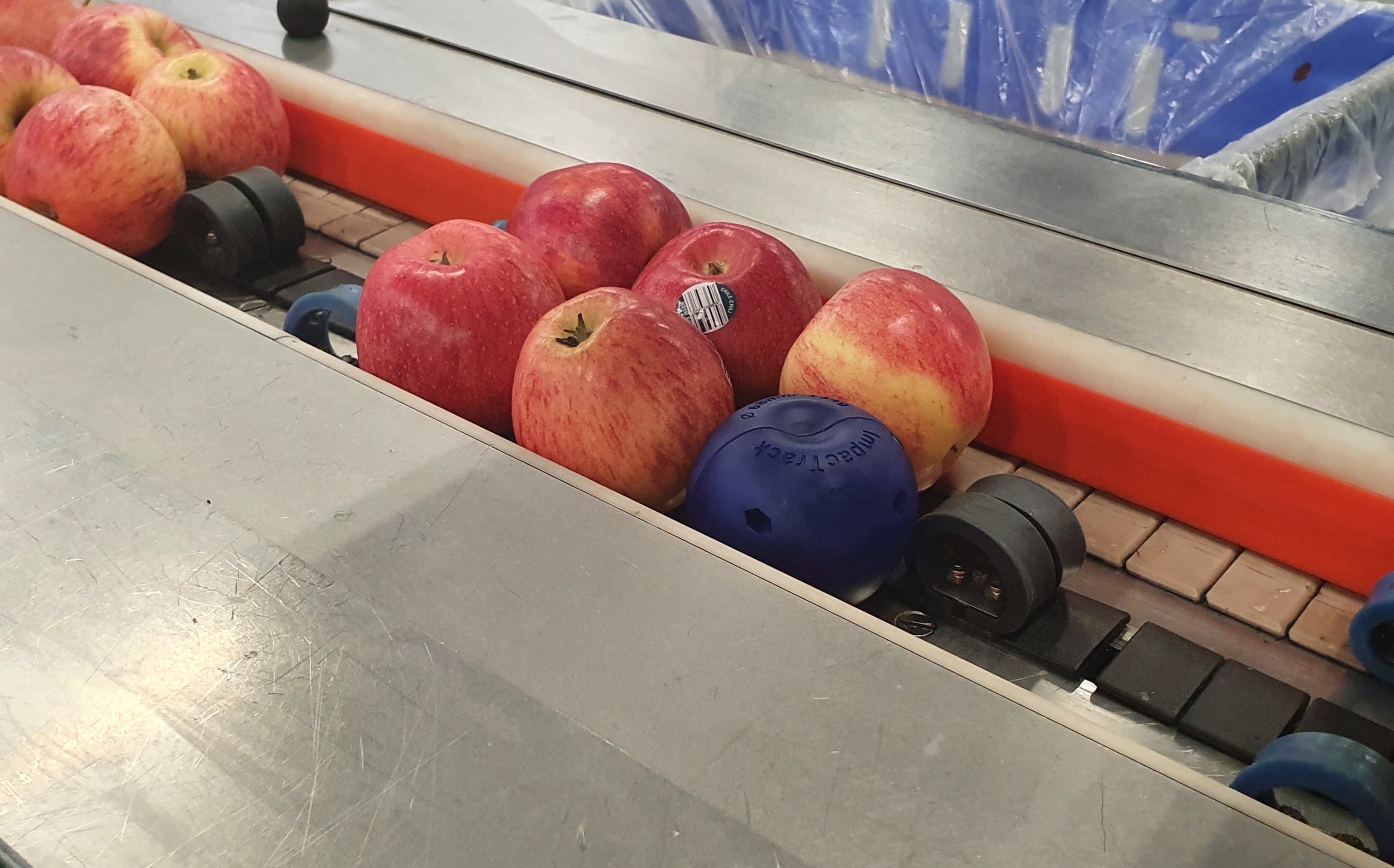Name: Alexis Guest
Role: group technical manager at meat industry supplier Dalziel and Fellow of the IFST
CV: I have worked in the food industry for 28 years. My BSc in Industrial Food Technology from University of Humberside provided a grounding in basic sciences before focusing on food technology, foodborne illness and food economics, with opportunities for work placements.
My first role was junior microbiologist at Lyons Cakes. An opportunity arose to move into quality control, where I gained responsibility for a factory site and moved through roles such as laboratory manager and quality manager.
I went on to work in the high-risk area of a cakes and cream producer, at a family-owned soft drinks company, in meat production and packing and in contract manufacturing industry at a bakery. I spent a short time working outside the food sector for a filter manufacturer, producing filters for beer, beverages and medicines before becoming a food technical manager.
Career highlight
Developing specialist defrosting practices, which could manage large numbers of bakery products, for example, 250 pallets a night, without impacting quality. These have now become standard best practices. Now at Dalziel, I have helped structure the company to enable its technical function to improve the business and develop a good reputation for technical quality and customer engagement and service.
What infrastructures are needed to support technical capability in food operations?
The complexities surrounding raw materials in any food business make an insight into the supply chain critical. Dalziel handles high-risk materials and products such as herbs, spices, meat and packaging materials from suppliers across the world, including China. It has therefore had to create a unique information infrastructure supporting the gathering and handling of raw materials and product insights. By developing a framework and using in-house teams to develop, define and refine insights, Dalziel has created a detailed bank of knowledge specific to its business.
It has helped to deploy one team of people from a range of multi-disciplinary backgrounds to work on product information and specification outputs and another to focus on supplier approval and collecting raw material details, requirements and inputs. These teams closely collaborate to create a contextualised system of data collection, interpretation and flow across the multiple sites and parts of the business.
A pixel map is a good analogy for food system data, where a single data gap (or one pixel) can become visible when it sits adjacent to other data that is available (other pixels surrounding the gap). By looking at the information in this way, we can see the whole chain of our supply and easily identify where data gaps exist.
Dalziel relates to multiple parts of the food system, for example seasoning manufacturing, packaging manufacturing and processing equipment, as well as handling single ingredients in depots and distribution. The team’s experience in the use of ingredients, blended and processed products, raw meat, packaging and processing equipment give it better technical understanding and expertise. This enables it to support food quality and food safety and to avoid problems with supply volumes and risk prevention.
What challenges are posed by food data?
Poor data integration makes supply chain management more challenging. Missing elements blind staff to some information, offering an incomplete picture, so integration and collaboration are vital. Various digital technologies have the potential to support this integration. Dalziel is integrating a planning system into its supply chain approval information, offering access to every site and enabling remote data analysis and reporting.
Technical competency is essential to collect high quality information, to ask sensible questions and to effectively interpret answers. A lack of technical expertise and/or a depth of understanding of the impact and relevance of each bit of information makes it impossible to interpret the significance of insights and data. That then prevents effective application of hazard analysis and critical control points (HACCP) or even threat assessment and critical control points (TACCP) principles.
For example, understanding your specific vehicle control status within a transport system is vital to know the risk of product tampering. Transport from outside the UK has requirements to put anti-tamper seals on haulier containers, but this is not routine practice for UK hauliers, especially those doing multi-drops. Knowing which logistics providers are hauling which loads becomes a crucial part of risk analysis.
There are some good practices developed by vulnerable supply chains, such as the Guidance On Authenticity Of Herbs And Spices Industry Best Practice On Assessing And Protecting Culinary Dried Herbs And Spices, created by the UK spice and seasonings industry. The framework of checks and vulnerability measures can be re-applied in principle to other areas of food supply, especially agricultural produce, with some modification.
Some companies have systems that mainly collect the right kinds of data, but there is no commercially available system collecting all the data needed for full insights. Nor is there a common format to collect insights critical and relevant for food.
In addition, no best practices yet exist to define the data necessary to support insights and supply risk management. Any best practice would need to be globally applicable, as ingredients and raw materials are sourced from all over the world. It should be based on a sound supply chain mapping model, with the pertinent data per product type collected in a format that could be easily shared between systems.
Data output can only be as good as the quality of data input. Without a good model to frame supply chain information, no amount of digital technology will translate data into insight.

Ask the Expert offers a regular source of advice on technical matters from industry professionals who are all IFST members and has been created with the help of the IFST.




